Why Support Systems Can Feel So Fragile
When you’re parenting a young adult in emotional chaos, you quickly realise that your support system isn’t always what you thought it would be. Friends fade away. Family don’t always “get it”.
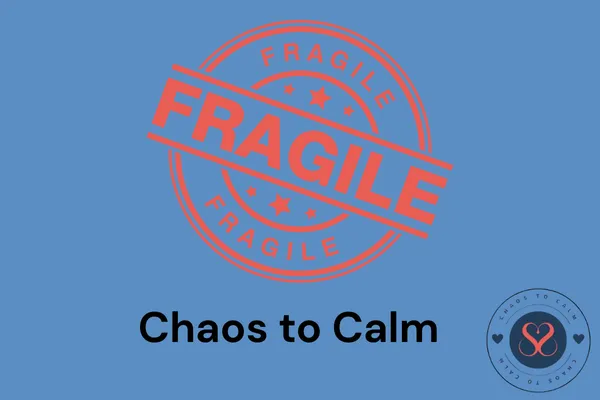
When you’re parenting a young adult in emotional chaos, you quickly realise that your support system isn’t always what you thought it would be. Friends fade away. Family don’t always “get it”.
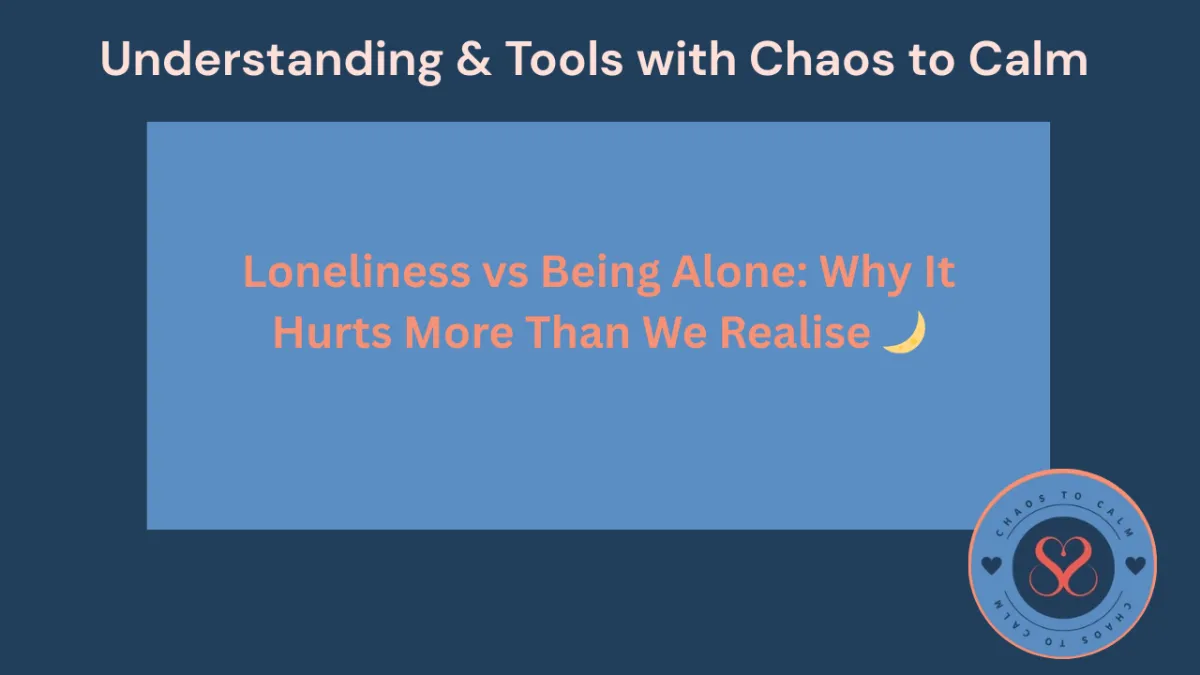
Being alone and feeling lonely might seem like the same thing, but for someone living with BPD/EUPD or CPTSD, the difference can be profound. Alone vs Lonely Alone is a physical state. It simply means no one is present. Some people thrive in this space — reading, walking the dogs, enjoying quiet time. Lonely is an emotional state. It’s the feeling that no one sees you, understands you, or cares about your existence. Loneliness can happen even in a crowded room.
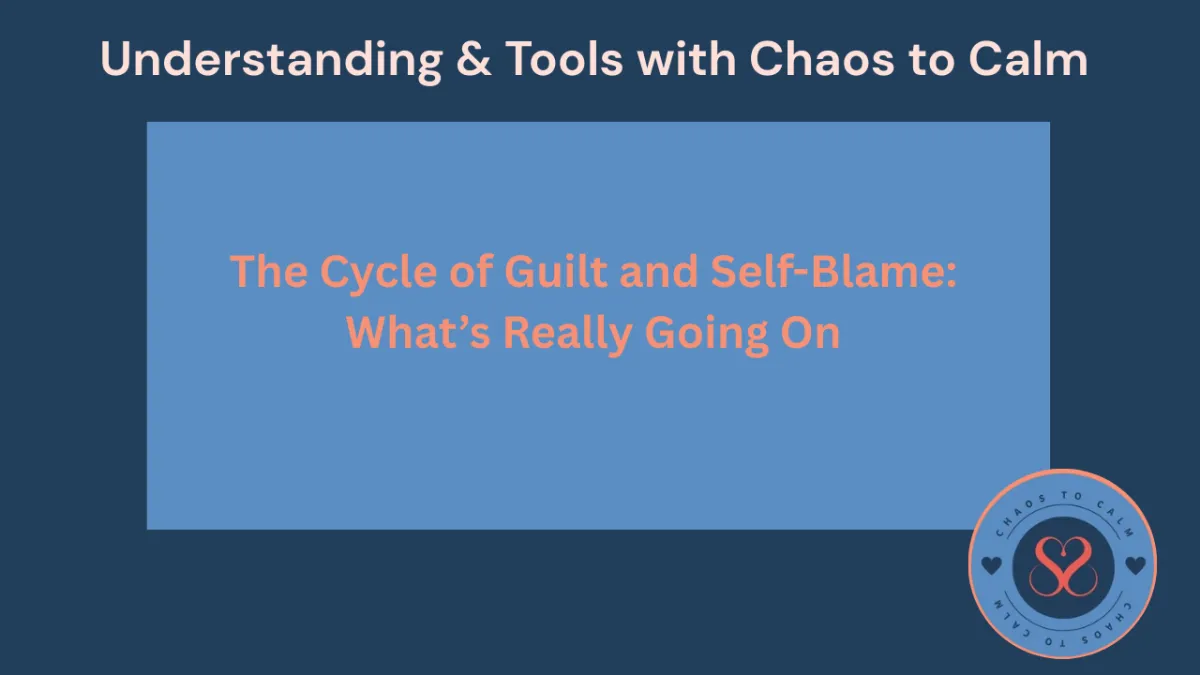
If there’s one emotion that seems to follow my daughter everywhere, it’s guilt. Guilt for saying no. Guilt for struggling. Guilt for not being able to do what others find easy. Even guilt for feeling guilty.
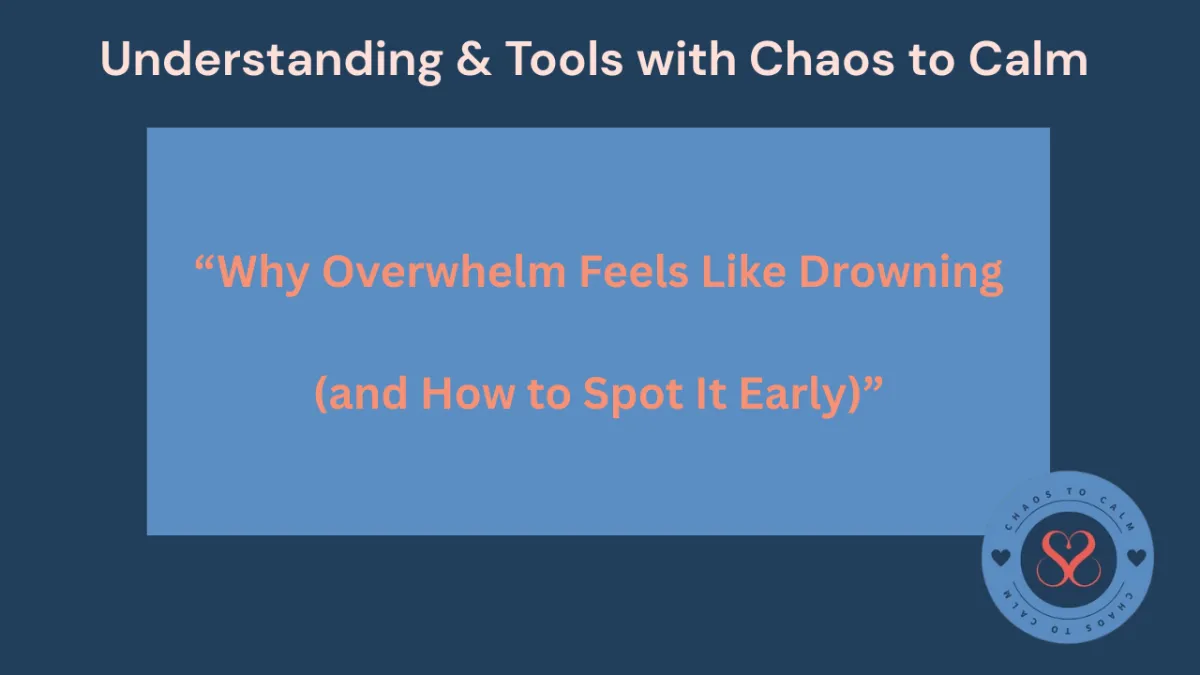
When you hear the word “overwhelm”, it probably makes you think of a busy day at work, a long to-do list, or too many things happening at once. Stressful, yes — but usually manageable. For someone living with Borderline Personality Disorder (BPD) or Complex PTSD, “overwhelm” is a completely different experience. It doesn’t feel like juggling too many balls. It feels like drowning.
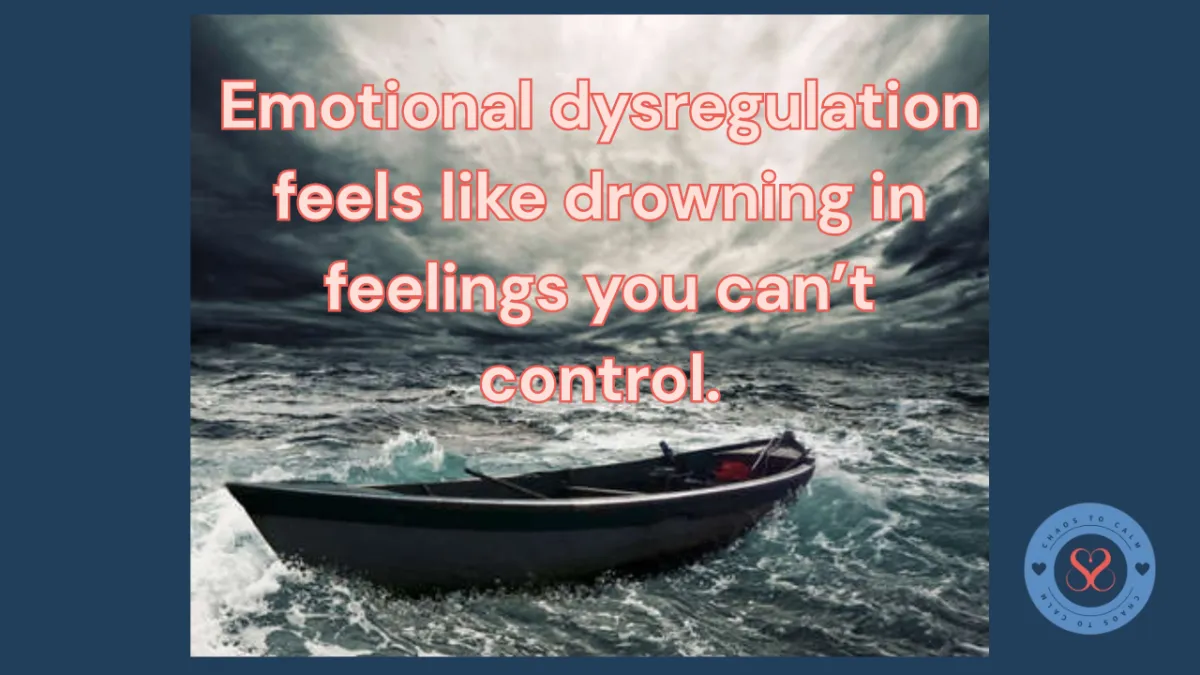
Why Is My Child So Emotionally Intense? “It’s called emotional dysregulation”.